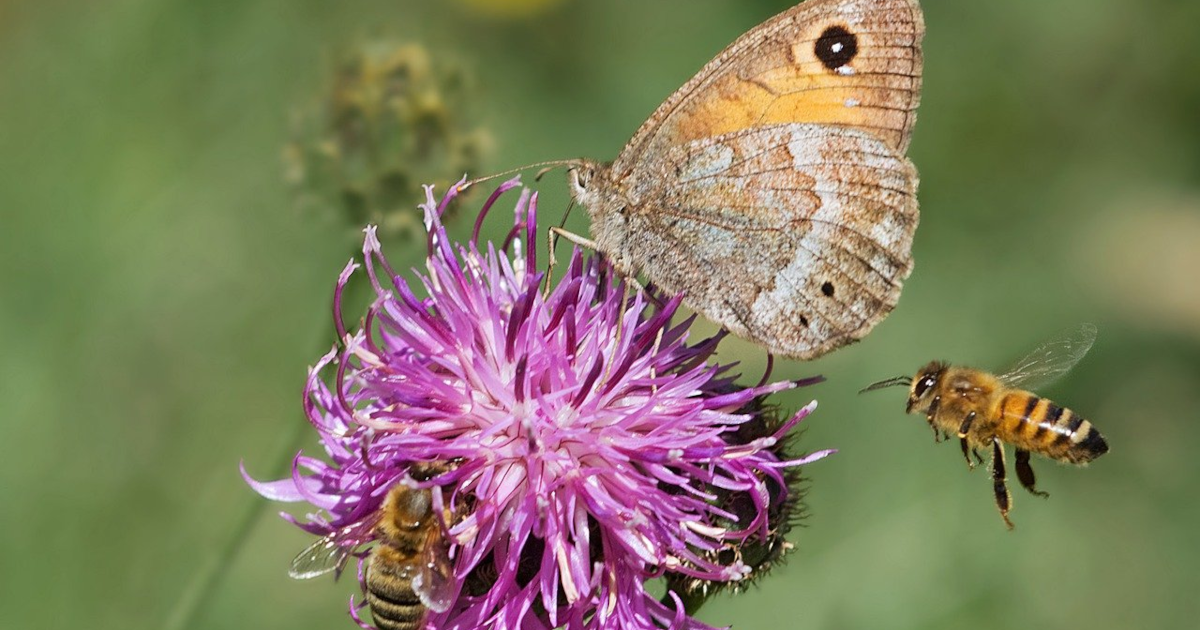
What the Insect Crisis Means for Food, Farming—and Humanity
Many of the world’s food crops depend on pollinators. There would be no chocolate without the tiny midges that pollinate the cacao tree, and strawberries would look shrunken and misshapen if they relied on the wind, rather than insects, for pollination. But human activity has pushed many of these pollinator armies to the brink of extinction.
April 1, 2023 | Source: Civil Eats | by Tilde Herreramay
Many of the world’s food crops depend on pollinators. There would be no chocolate without the tiny midges that pollinate the cacao tree, and strawberries would look shrunken and misshapen if they relied on the wind, rather than insects, for pollination.
But human activity has pushed many of these pollinator armies to the brink of extinction, according to Oliver Milman, an environmental reporter for The Guardian and author of The Insect Crisis: The Fall of the Tiny Empires That Run the World. Declining pollinator diversity threatens the production of most crop types, yet these critical insects are often misunderstood and vastly unappreciated.
Insects also fill other important roles. They break down waste, help recycle nutrients through the soil, and serve as food for birds, amphibians, and other animals in the same food chain humans are a part of.
“They are a foundation for our terrestrial ecosystems, they’re food for many of the animals that we cherish and admire, and they help pollinate around a third of the food we eat,” Milman says.
